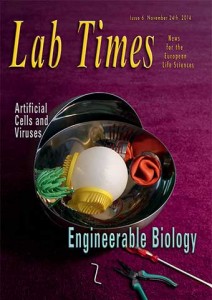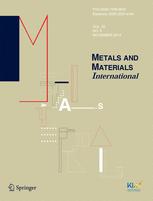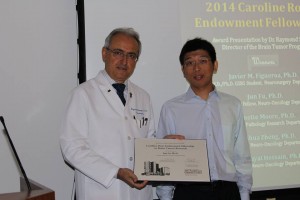 BioMed Central has uncovered about fifty manuscripts in their editorial system that involved fake peer reviewers, Retraction Watch has learned.
BioMed Central has uncovered about fifty manuscripts in their editorial system that involved fake peer reviewers, Retraction Watch has learned.
Most of the cases were not published because they were discovered by a manuscript editor on a final pre-publication check. The five or so that have been published will go through some sort of re-review, which may result in expressions of concern or retraction.
The narrative seems similar to that in the growing number of cases of peer review manipulation we’ve seen recently. What tipped off the editor was minor spelling mistakes in the reviewers’ names, and odd non-institutional email addresses that were often changed once reviews had been submitted, in an apparent attempt to cover the fakers’ tracks. Those “reviewers” had turned in reports across several journals, spanning several subjects.
It would seem that a third party, perhaps marketing services helping authors have papers accepted, was involved.
The publisher has let all of its external editors in chief know about the situation. To prevent it from happening again, authors will not be able to recommend reviewers for their papers. Here’s a message from BioMed Central senior managing editor Diana Marshall that went out to a number of journal editors earlier today: Continue reading Publisher discovers 50 manuscripts involving fake peer reviewers






